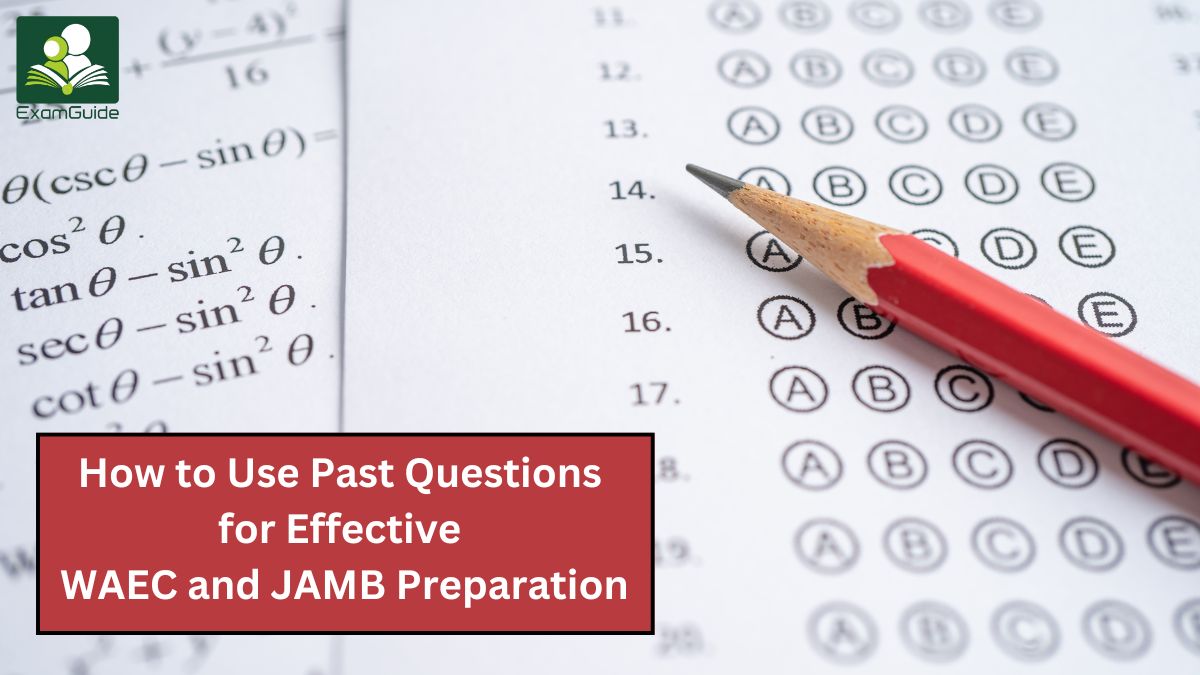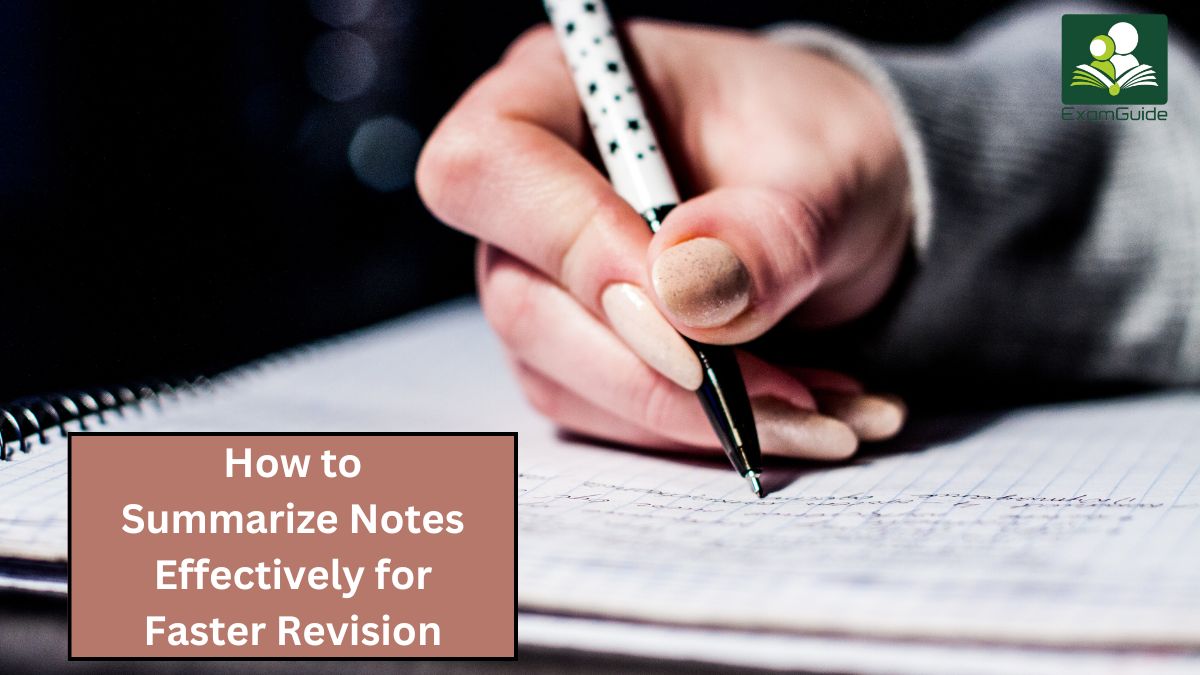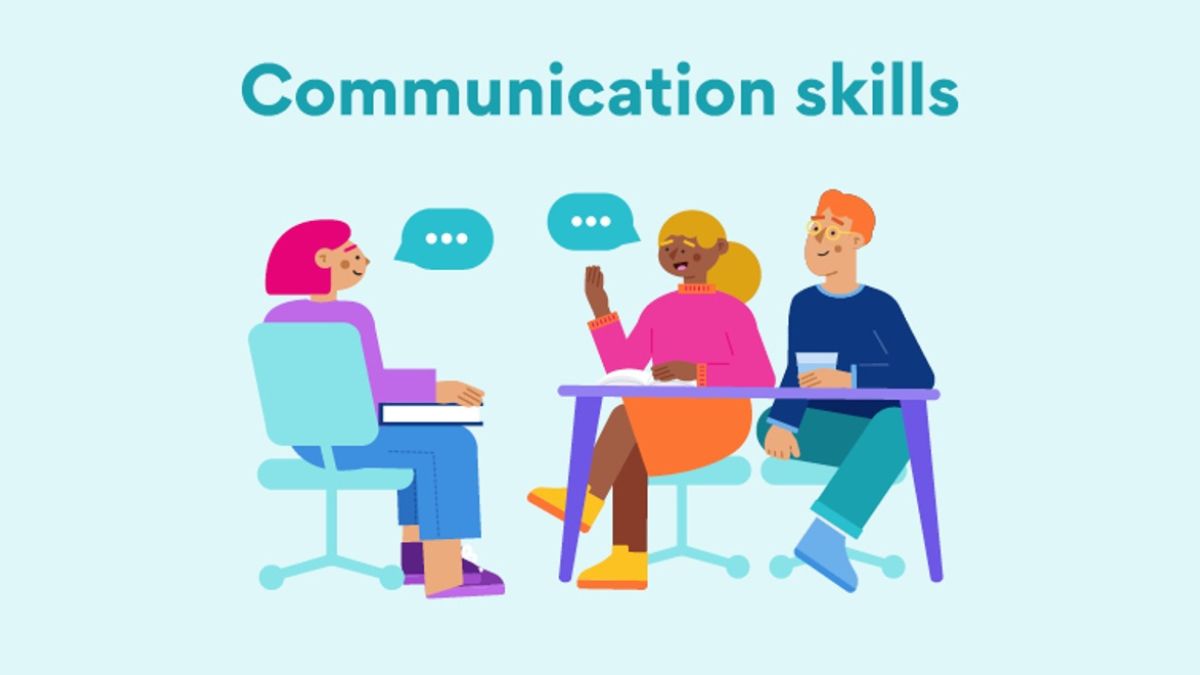
How to Handle Common Exam Mistakes and Avoid Losing Marks
Exams can be a stressful experience; under that pressure, even well-prepared students can make mistakes that cost them valuable marks. Knowing how to avoid these mistakes and handle them effectively when they do happen is essential for maximizing your performance.
This article offers practical tips for avoiding common exam errors, strategies for handling mistakes during the exam, and advice on staying focused and confident. Let’s explore how to tackle each area so you can ace your exams without losing marks unnecessarily.
How to Handle Common Exam Mistakes
1. Misinterpreting the Question
One of the most common mistakes is not fully understanding what the question is asking. This can lead to writing irrelevant answers and losing marks.
- How to Avoid:
- Read Carefully: Start by reading each question slowly and carefully. Look for keywords like explain, compare, describe, or evaluate, which provide hints on how to structure your answer.
- Underline Keywords: As you read, underline or highlight important terms in the question to help you focus on the requirements.
- Paraphrase the Question: Try rephrasing the question in your own words to ensure you fully understand it.
- What to Do if You Realize Midway:
- Refocus Your Answer: If you realize you’ve veered off-topic, adjust your answer accordingly without deleting what you've already written (if it’s not too far off).
- Be Concise with New Points: To save time, write more concise explanations as you realign your answer to the question.
2. Poor Time Management
Time management is essential to completing all questions effectively. Many students spend too much time on certain questions, leaving others incomplete or rushed.
- How to Avoid:
- Divide Time by Sections: Allocate specific amounts of time to each question based on its mark value. Spend less time on low-mark questions and reserve more time for high-mark or essay questions.
- Use a Timer: For long exams, bring a watch or use the exam room clock to keep track of time, especially if you have multiple questions to answer.
- Practice Mock Exams: Regularly practice under timed conditions to get used to writing within a set time frame.
- What to Do if Time is Running Out:
- Prioritize High-Marks Questions: Shift focus to high-mark questions if you’re running out of time. Providing a complete, shorter answer for more marks can boost your overall score.
- Bullet Points: Use bullet points to outline key ideas quickly if you’re pressed for time.
3. Forgetting Key Points or Formulas
During exams, especially in subjects like math or science, it’s common to forget formulas or specific points that are essential to answering a question.
- How to Avoid:
- Review Notes Regularly: Consistent review helps retain important formulas and key points.
- Use Mnemonics: Create memory aids like acronyms or rhymes for lists or sequences that are difficult to remember.
- Write a Quick Formula Sheet: If allowed, quickly jot down key formulas on scrap paper at the start of the exam for easy reference.
- What to Do if You Forget:
- Leave Space and Return Later: Move to the next question and come back later when you might remember. Sometimes revisiting a question after a break helps jog your memory.
- Estimate or Use Logic: For math-based questions, try estimating the solution using what you do remember or apply logical reasoning if you’ve forgotten a formula.
4. Making Simple Calculation Errors
Simple errors in calculations, like misplacing decimals or using the wrong sign, can lead to losing easy marks in math and science exams.
- How to Avoid:
- Double-Check Calculations: Go over each calculation twice before moving on, especially if they’re crucial for subsequent answers.
- Practice Accuracy: In practice sessions, focus on accuracy and develop a habit of checking each step of your calculations.
- Use Rough Work Pages: Write down your calculations clearly so you can easily review them if needed.
- What to Do if You Spot an Error Later:
- Quick Correction: If you find an error, cross out the wrong calculation neatly and write the correction clearly. Examiners typically prefer clear revisions over messy erasing.
5. Poor Answer Structure
In essay-based questions, students sometimes lose marks due to poor structure, making it hard for examiners to follow their arguments.
- How to Avoid:
- Plan Before Writing: Take a few minutes to plan your answer, noting down key points and organizing them in a logical order.
- Follow a Standard Format: Use an introduction, body, and conclusion structure for essays, with clear paragraphs for each point.
- Stick to the Question: Make sure each paragraph addresses the question directly to avoid irrelevant content.
- What to Do if Your Answer Seems Disorganized:
- Add Linking Sentences: If you notice disorganization, use transitional sentences to improve flow between points.
- Underline Key Points: Highlighting the main ideas in each paragraph can help examiners see your argument more clearly.
6. Careless Mistakes in Spelling and Grammar
Spelling and grammar errors can detract from the quality of your answer and, in some cases, may reduce your marks.
- How to Avoid:
- Practice Writing: Regularly write essays or short answers to improve your grammar and spelling skills.
- Review Your Work: If time permits, review your answers for any language errors at the end of the exam.
- Focus on Common Errors: Identify the types of errors you usually make (like misspelling technical terms) and concentrate on avoiding them.
- What to Do if You Notice Errors in Your Answer:
- Quick Corrections: If you find a mistake while reviewing, neatly correct it. For minor mistakes, a simple line through the word is usually sufficient.
7. Leaving Questions Unanswered
Sometimes, students skip difficult questions, hoping to return to them later, but time runs out, and they lose potential marks.
- How to Avoid:
- Attempt Every Question: Answer even the challenging questions to the best of your ability, as partial marks can add up.
- Write Something Relevant: If you're unsure of the exact answer, include any relevant knowledge you have on the topic, as it may still earn you some marks.
- What to Do if You’ve Left Questions Unanswered:
- Answer Briefly: If there’s only a few minutes left, give short, concise answers to remaining questions. Writing something is better than leaving a blank space.
8. Stress and Anxiety Impacting Performance
Exam stress can cause students to forget information, rush answers, or make avoidable mistakes.
- How to Avoid:
- Practice Relaxation Techniques: Deep breathing exercises or visualization can help calm nerves before and during the exam.
- Stay Positive: Focus on what you know rather than worrying about difficult questions.
- Regular Preparation: Consistent study habits reduce last-minute stress and improve confidence.
- What to Do if You Feel Anxious During the Exam:
- Take a Few Deep Breaths: Take a moment to calm down, and then refocus on the question.
- Move to Easier Questions First: Answering easier questions can boost your confidence and reduce anxiety for the tougher parts.
Conclusion
Exams require not only academic knowledge but also strategy and focus. By understanding and actively avoiding common exam mistakes, you can maximize your marks and improve your overall performance.
Remember to read questions carefully, manage your time wisely, structure your answers clearly, and remain calm throughout the exam. Practice these skills regularly, and they will soon become habits that contribute to exam success.
Frequently Asked Questions
1. What are some common mistakes students make in exams?
- Answer: Common exam mistakes include misinterpreting the question, poor time management, forgetting key points or formulas, making careless calculation errors, disorganized answers, spelling and grammar mistakes, leaving questions unanswered, and letting stress impact performance. Each of these errors can be avoided with careful preparation and practice.
2. How can I improve my time management during exams?
- Answer: Start by dividing your time based on the marks allocated to each question. Prioritize high-mark questions but don’t ignore smaller ones. Practice mock exams under timed conditions to get accustomed to managing time effectively. Using a watch or the exam room clock can also help you stay on track.
3. What should I do if I don’t understand a question?
- Answer: Take a moment to reread the question carefully, underlining or highlighting keywords that specify what is being asked. Try to rephrase it in simpler terms to understand its requirements better. If you still aren’t sure, answer to the best of your understanding and focus on relevant concepts.
4. How can I avoid making careless calculation errors?
- Answer: To minimize calculation errors, double-check each step of your work, especially in math or science exams. Practising with sample questions beforehand can improve accuracy. Writing calculations neatly on scrap paper helps you review them easily if needed.
5. What’s the best way to approach an essay question in an exam?
- Answer: Begin with a quick plan. Outline your main points and organize them logically, starting with an introduction, followed by body paragraphs, and ending with a conclusion. Keep each paragraph focused on a single idea and link them smoothly to help the examiner follow your argument.
6. How can I handle anxiety during exams?
- Answer: Anxiety is natural but can be managed. Practice deep breathing exercises before or during the exam to stay calm. Focus on easier questions first to build confidence, and remind yourself of your preparation. Regular practice with past papers can also boost your confidence and reduce anxiety.
7. What if I forget a formula or key point during the exam?
- Answer: If you forget a formula or specific detail, move on to the next question and return to it later. This can help you relax and potentially remember it. You might also try to reason through the question or apply a logical approach to solve it as best as possible.
8. How do I prevent spelling and grammar errors in my answers?
- Answer: Regular writing practice will help improve your grammar and spelling. During exams, leave a few minutes at the end to review your answers for any mistakes. Focus on commonly misspelt words or errors you know you’re prone to making.
9. Why is it important to attempt every question, even if I don’t know the full answer?
- Answer: Attempting every question increases your chance of earning at least partial marks, which can add up. Even if you’re unsure, write something relevant to the topic. Leaving answers blank guarantees no points, whereas attempting an answer shows effort and understanding, which might be rewarded.
10. How can practising with mock exams help prevent mistakes?
- Answer: Mock exams help you get used to exam conditions, manage time effectively, and become familiar with the types of questions you’ll face. By practising regularly, you can identify your common mistakes, improve your speed, and refine your answering techniques, which ultimately reduces errors in the actual exam.
No comment found
Related Posts

Top 20 Motivational Quotes for Students to Work Hard

How to Use Past Questions for Effective WAEC and JAMB Preparation

Language barriers in Nigerian Education and how to Overcome them

How to Excel in Mathematics: Tips for Nigerian Students

How to Summarize Notes Effectively for Faster Revision


